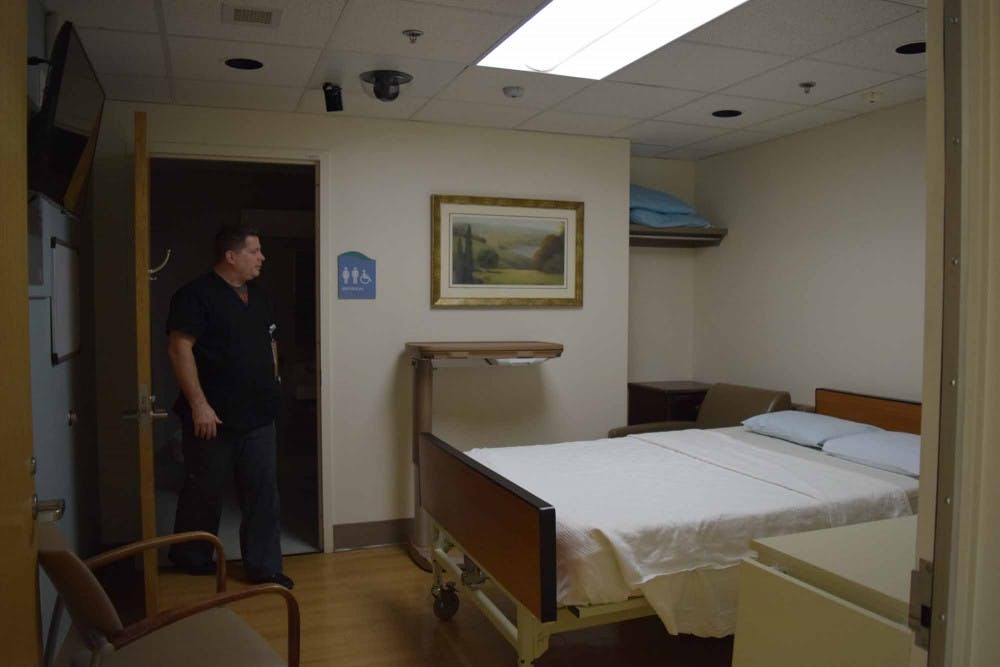Sleep medicine is not widely studied in most medical schools, so many students are unaware of opportunities to explore the sleep subspecialty. However, UNC-Charlotte collaborated with UNC-Chapel Hill to develop the first sleep science degree of its kind in the world.
The Neurodiagnostics and Sleep Science bachelor’s degree is a two-year online program offered by UNC-Charlotte to students all over the country. The program is designed for students who have already earned an associate’s degree at a community college. Once a student has completed the necessary two-year training in sleep medicine or neurodiagnostics from their community college, they can become registered sleep technologists and sit for their board exam. Then, as technologists, they may apply to earn their NDSS bachelor’s degree.
The NDSS curriculum covers topics such as sleep disorder testing, sleep physiology and how to control sleep and wakefulness, and provides students with the advanced knowledge of sleep science they need to transition into leadership roles, teaching roles or lab manager positions in the sleep medicine field. In 2011, the program had its first set of applicants, and in 2013, it produced its first graduating class.
“These are the people who are changing the face of sleep medicine,” said Mary Ellen Wells, the degree’s program director.
After completing their NDSS bachelor’s degree, students can pursue positions in facilities, such as the UNC Sleep Disorders Center, which includes the UNC Sleep Laboratory. At the Center, a team of sleep neurologists diagnose, treat and research a wide array of sleep disorders. They offer services to people who have problems with sleeping too much, sleeping too little or limited daytime function from tiredness. Behavior patterns related to sleep, such as sleep walking, nighttime restlessness and acting out dreams are also part of the center’s focus.
In order to create individualized treatment plans for patients, the Center questions patients about their sleep patterns and administers the necessary testing, which sometimes may involve an overnight sleep study.
“Most patients, when they come to the laboratory for a night study, they’ll have over 25 different parameters measured. It’s one of the most complete studies that are performed in North Carolina,” said Dr. Brad Vaughn, director of the UNC Sleep Disorders Center.
Besides providing healthcare services, the Center also conducts a wide scope of research, ranging from psychological projects, therapeutic trials and studies that examine the impact of abnormal sleep on brain function. As a product of the brain, sleep can act as a good indicator of overall neurological health. Sleep also affects cardiovascular health, learning capacity, mental health and weight, making it a vital component of healthy living.
“We spend a third of our lives sleeping,” Wells said. “Several sleep disorders affect nearly a quarter of the population. Sleep itself is one of the key pillars of health right along with diet and exercise, and sleep crosses all disciplines. Everything sleeps. Everything has down time.”




